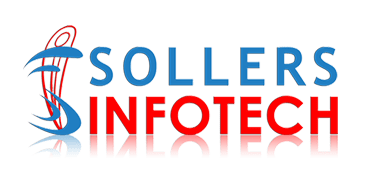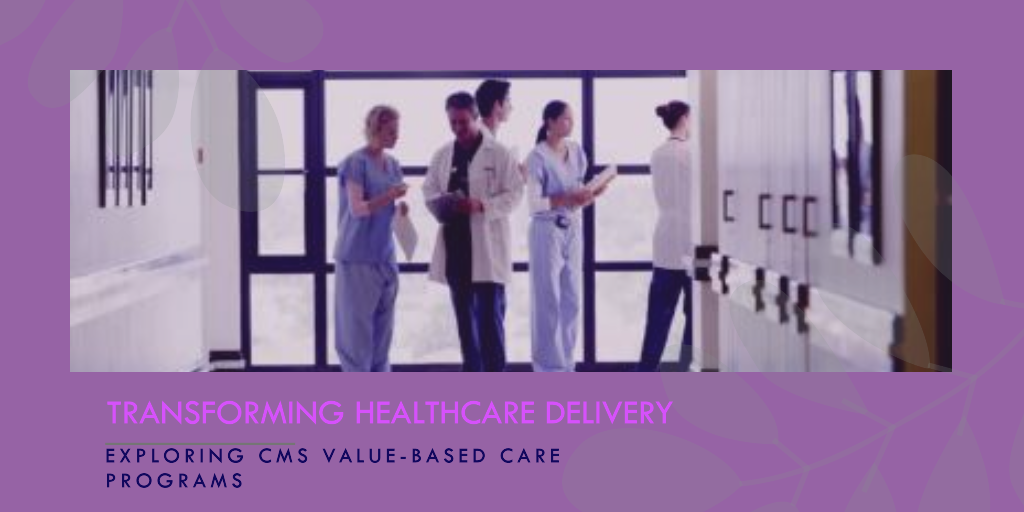Elevating Patient Outcomes: How Automation Transforms Healthcare
The healthcare landscape is rapidly evolving, and automation is at the forefront of this transformation. Automation in healthcare is not just about streamlining administrative tasks; it’s about enhancing patient outcomes. In this article, we’ll explore how automation is revolutionizing healthcare, ultimately leading to better patient care and improved outcomes.
- Streamlined Administrative Tasks
One of the primary ways automation enhances patient outcomes is by simplifying administrative tasks. Healthcare professionals can now devote more time to patient care instead of being bogged down by paperwork, appointment scheduling, and record-keeping. Automated systems like Electronic Health Records (EHRs) have eliminated the hassles of manual documentation, ensuring that patient data is accurate and readily accessible.
- Precision Diagnosis and Treatment
Automation technologies, particularly artificial intelligence (AI), have bolstered the accuracy of diagnosis and treatment planning. AI-driven algorithms analyze vast amounts of patient data, identifying subtle patterns and correlations that may escape human attention. This leads to earlier detection of diseases, more precise treatment plans, and ultimately, improved patient outcomes.
- Personalized Care Plans
Automation enables the creation of personalized care plans tailored to each patient’s unique needs. By analyzing a patient’s medical history, genetics, and real-time health data, healthcare providers can develop treatment regimens that are more effective and have fewer side effects. This individualized approach to care increases the likelihood of successful outcomes.
- Medication Management
Automation plays a pivotal role in medication management, reducing the risk of errors and improving adherence. Automated drug dispensing systems ensure patients receive the correct dosage at the right time. Furthermore, automated reminders and notifications help patients adhere to their medication schedules, leading to better disease management and ultimately better patient outcomes.
- Remote Monitoring and Telemedicine
Remote monitoring, facilitated by automation, allows healthcare providers to keep a close eye on patients’ health from a distance. For chronic disease management, this is a game-changer. Patients can be monitored in real-time, and any deviations from their baseline can trigger timely interventions. Additionally, telemedicine provides convenient access to healthcare services, ensuring that patients receive care when they need it most.
- Surgical Precision
In surgical settings, automation has brought about remarkable advancements. Robotic-assisted surgery systems allow for unparalleled precision and minimally invasive procedures. This translates to reduced recovery times, less pain, and fewer complications, all of which contribute to better patient outcomes.
- Predictive Analytics for Preventive Care
Predictive analytics powered by automation is helping healthcare providers transition from reactive to proactive care. By analyzing historical patient data and risk factors, predictive models can identify individuals at higher risk of certain conditions. This allows healthcare providers to intervene early, potentially preventing the development of serious illnesses and improving overall patient outcomes.
Conclusion
Automation is transforming healthcare by enhancing patient outcomes in numerous ways. From streamlining administrative tasks to enabling precision diagnosis and treatment, personalized care plans, and remote monitoring, automation is paving the way for a brighter, healthier future. By embracing these technological advancements, healthcare providers can provide more efficient, effective, and patient-centric care, ultimately leading to improved patient outcomes and a better quality of life for all. Automation isn’t just a tool; it’s a catalyst for positive change in the healthcare industry.




